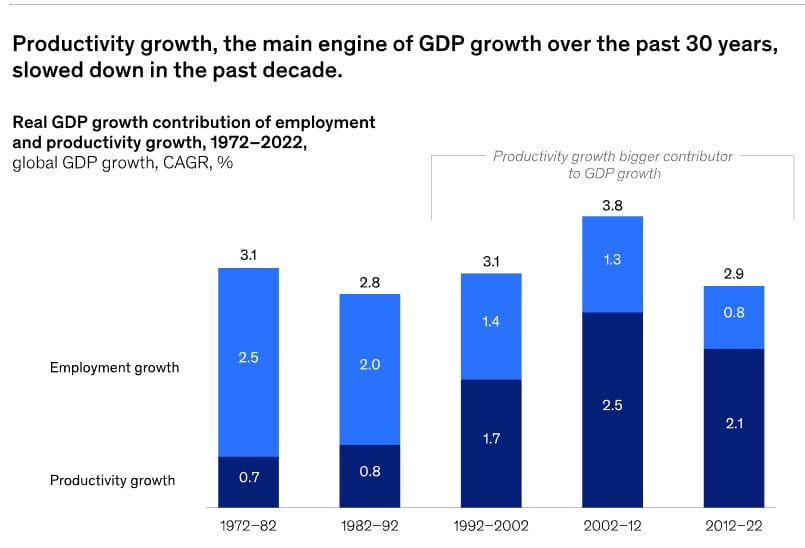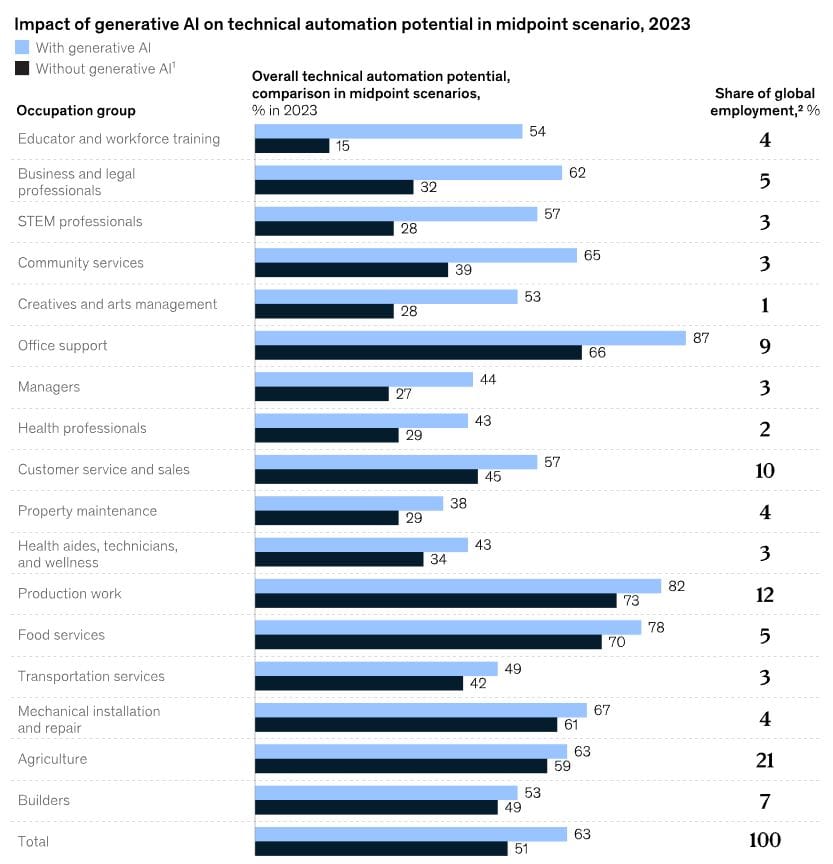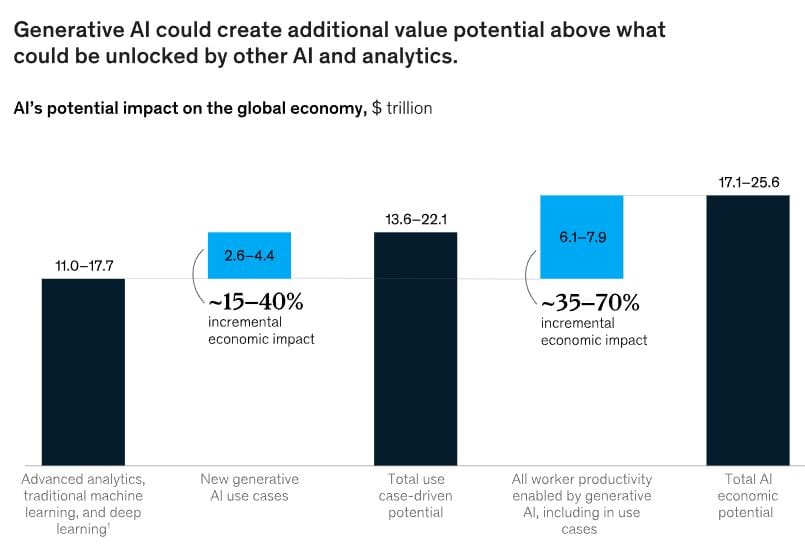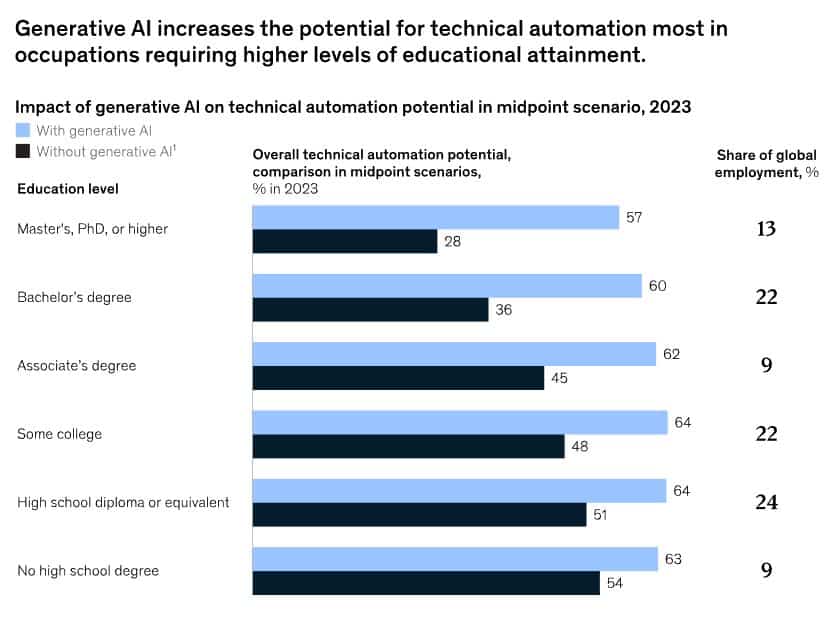AI has turn out to be part of our lives with out us even realizing it. It is within the know-how that powers our smartphones, the self-driving options of automobiles, and the instruments retailers use to shock and delight customers. His progress was gradual and sometimes unnoticed. Whereas there have been notable milestones, like when AlphaGo defeated a world champion Go participant in 2016, these accomplishments rapidly pale from public consciousness.

A brand new wave of generative AI functions is capturing the imaginations of individuals around the globe. Not like AlphaGo, these apps have broad utility and can be utilized by virtually anybody to speak and create. They possess an incredible capability to carry conversations with customers, making them extra approachable and interesting.
These newest generative AI functions can carry out numerous routine duties resembling reorganizing and classifying knowledge. Nevertheless it was their expertise for writing lyrics, composing music and creating digital artwork that caught the attention and impressed customers to experiment for themselves. In consequence, extra folks at the moment are coping with the affect of generative AI on enterprise and society, however usually with out the required context to completely perceive it.
The velocity at which generative AI know-how is advancing provides one other layer of complexity. ChatGPT was launched in November 2022, and simply 4 months later OpenAI launched GPT-4, an incredible language mannequin with vital enhancements. Anthropic’s generative AI, Claude, has additionally made vital progress in a short while, with the ability to course of 100,000 textual content tokens in a single minute by Might 2023. Google introduced new AI-powered options generative, together with Search Generative Expertise and PaLM 2, a brand new mannequin language that can complement its Bard chatbot and different merchandise.
In keeping with a latest McKinsey report, generative AI is predicted to contribute $4.4 trillion per 12 months to the worldwide economic system. This staggering determine highlights the transformative energy of AI and its potential to reshape numerous industries.
The report additionally sheds gentle on the shifting timeline for full job automation. Beforehand, consultants predicted that AI would automate half of all work between 2035 and 2075. Nevertheless, the newest findings point out that this milestone might be reached as early as 2060. This acceleration within the adoption and implementation of AI applied sciences demonstrates the fast tempo of improvement. and the profound results they’ve on our society.

One of many primary financial advantages of generative AI is its capability to automate work duties throughout completely different industries. From buyer interplay and gross sales to software program improvement and analysis, AI methods can streamline processes, enhance effectivity and improve productiveness. By supporting routine and repetitive duties, generative AI permits human professionals to give attention to extra advanced and strategic features of their work.

It’s important to handle one of many primary issues with generative AI: the reliability of the content material it generates. The report highlights the significance of sturdy regulation and oversight to make sure that AI-generated content material is moral and reliable. As policymakers and organizations acknowledge the significance of sustaining accountability and accuracy in AI methods, this difficulty has gained momentum and is now receiving the eye it deserves.

An intriguing remark from the report is the altering vulnerability of the educated workforce. Historically, guide trades have been seen as most in danger from automation. With the arrival of latest applied sciences like AI, even extremely expert professionals face potential disruptions of their industries. This realization underscores the far-reaching affect of AI, because it permeates all sectors and transforms the character of labor.

Study extra about AI:
